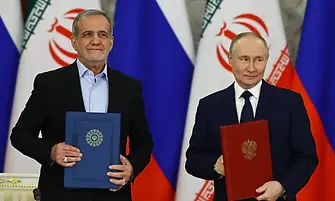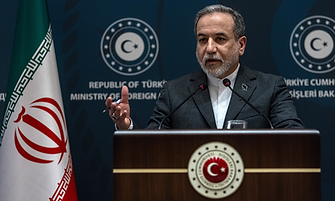top of page
Vatanka Reports
News and Analysis on the Greater Middle East

Iran’s political deadlock
January 7, 2026
The timing of the protests matters. After the 12-day war, many Iranians hoped the shock of confrontation would prompt a strategic reassessment at home. The logic was straightforward: External pressure had peaked, and national unity had been demonstrated, so perhaps now was the moment for internal recalibration.

The taboo of regret: Iranian reflections on the seizure of the US embassy in 1979
November 3, 2025
It was a rare moment of candor from someone who has stood near the center of power for four decades. Nateq-Nouri’s broader message was that the Islamic Republic’s missteps were not fate but choice — that the state’s permanent confrontation with the US was not inevitable but constructed and, therefore, could one day be reversed.
bottom of page









